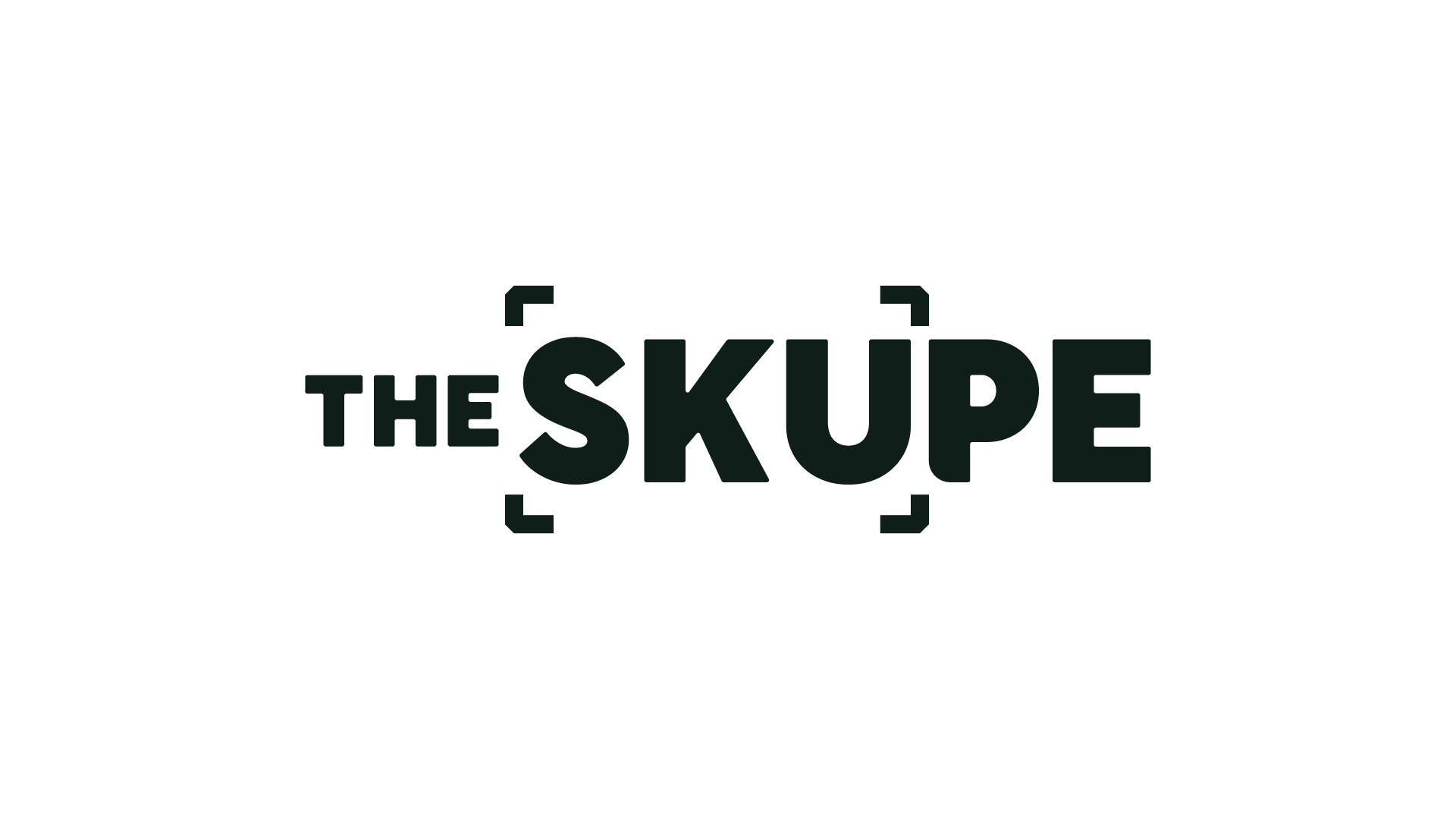Plus: Meet the “kidults” fueling a $9B toy boom
It was great while it lasted. Retailers around the world took advantage of the de minimis loophole for years, but that ended Friday. We take a closer look at what that means for small businesses, as well as how rethinking inventory management can help your bottom line.
Also, what are “kidults,” why is Travis Kelce coming to a mall near you and the website most cited by AI. Later this week, we’ll catch up with a business manager to get her tips on safeguarding your finances.
But first, check out this secondhand-only shopping mall in Sweden.

Grow up: Are “kidults” now driving the toy market?
Virtual goods: Digital gift cards, subscriptions help offset tariff costs.
CA crackdown: Long Beach retailers must staff self-checkout counter.
SMB booster: Joe Jonas stops by a vintage shop in Chicago.
SEO savvy: Pet groomer continues family tradition using SEO.

What the end of de minimis means for small businesses around the world
With last Friday’s end of the de minimis exemption, SMB owners like Blair Nadeau, who owns a Canadian bridal accessories company, were forced to stop doing business with U.S. customers. “This is devastating on so many levels and millions of small businesses worldwide are now having their careers, passions and livelihoods threatened,” Nadeau wrote in an Instagram post on Tuesday. “Just this past hour I have had to turn away two U.S. customers and it broke my heart.” Nadeau sells through her own website and on Etsy, where 70% of her customer base is in the U.S. The de minimis provision had been a “lifeline” for many foreign businesses to get their products in the hands of American consumers. “This is really hitting me,” Nadeau said. “It’s like all of a sudden 70% of your salary has been removed overnight.”
Why this matters: Small shop owners and sellers on Etsy, eBay and Shopify who relied on the loophole to keep their prices low will suddenly lose a significant amount of money if they have to pay the duties up front, or lose customers if they pass those costs on. (CNBC)
Is your inventory an asset or liability? Rethinking inventory management
According to Gartner, 41% of businesses still track and update inventory manually, with 26% still only using basic spreadsheets. If this is you, it’s time to rethink how you’re managing your inventory. What should be your biggest asset could become a liability if an overstock or understock ruins margins. Try reframing how you view inventory, not as a predetermined quota but a fluid asset that moves with market trends and customer expectations. If you own more than one store, try a lean allocation approach that places 50% or less in a specific store. Dynamic inventory management software allows you to keep up in real time, and many are now bolstered by AI analytics that are constantly reading microdata to make more accurate predictions.
Why this matters: With fluctuating demand, supply chain volatility and ever-changing tariff implications making it impossible to rely on historic sales data or static spreadsheets, rethinking how you manage your inventory will help you stay profitable and in business. (Retail Customer Experience)

Dick’s Sporting Goods, Foot Locker on track to merge
What customers really want from retail communication
Which postal services are halting service in the U.S. amid tariffs
American Eagle’s latest celeb tie-up: Travis Kelce
Consumers of all ages willing to pay more for good CX

How a leap of faith turned a side hustle into a global business
Even investment bankers can get into financial scrapes when it comes to passion projects and side hustles. Beauty entrepreneur Ning Cheah put it all on the line to launch her business while still working at UBS, even using her home as collateral for a business loan. Two days before payroll, she realized she didn’t have enough cash to pay her team (yikes). She shares how she survived plenty of close calls and two legal battles, and how launching on TikTok Shop proved to be a tipping point that helped her scale. “Especially as women, a lot of the time we’re plagued by self-doubt. I think the best thing that you can do is just learn along the way,” she says.
"Don’t wait for perfection; just start, learn and improve as you go–because you can always fly the rocket while you’re building it."–Ning Cheah, Founder & CEO, The Beauty Crop
Why this matters: Cheah’s motto is “progress over perfection.” She says, “Anyone can start a beauty brand these days, but what is really key is that we’re affordable and [retain] trust in the brand for a core community of people.” (The Sunday Times)

Reddit tops the list of most-cited websites by AI
When you get a reply from ChatGPT or Perplexity, do you wonder where they’re getting their answers? A June 2025 analysis by SEMrush found that Reddit is the top source by a wide margin: 40.1% followed by Wikipedia at 26.3%. This shows how heavily large language model (LLM) AI chatbots rely on user-generated content (UGC), which raises questions about factual blind spots in AI. Rounding out the Top 10 were YouTube, Google, Yelp, Facebook, Amazon, TripAdvisor, MapBox and OpenStreetMap, the last two of which were most cited in geographical queries. Interestingly, the bottom half of the Top 20 contained several large retailers: Walmart, Home Depot and Target.
Why this matters: If you aren’t using Reddit to find the answers to your own questions or for “social listening” to see what your customers are up to, you should be. Posting there too means your content is more likely to surface in AI queries. Plus, more and more consumers are turning to the platform for shopping advice and recommendations, and they’re also more likely to click on ads they see there. (Visual Capitalist)

Thanks for reading this week's edition!
You can reach the newsletter team at theskupe@mynewsletter.co. We enjoy hearing from you.
Interested in advertising? Email us at newslettersales@mvfglobal.com
The SKUpe is curated and written by Marcy Medina and edited by Bianca Prieto.






Comments ()